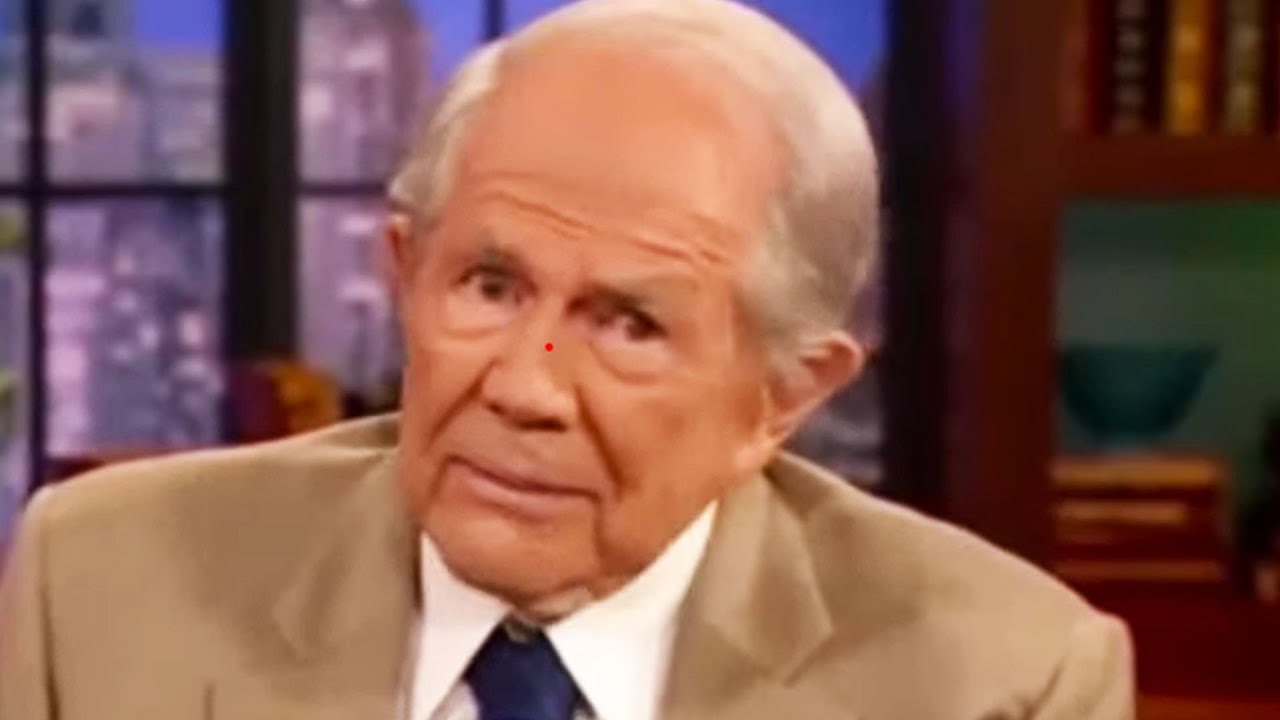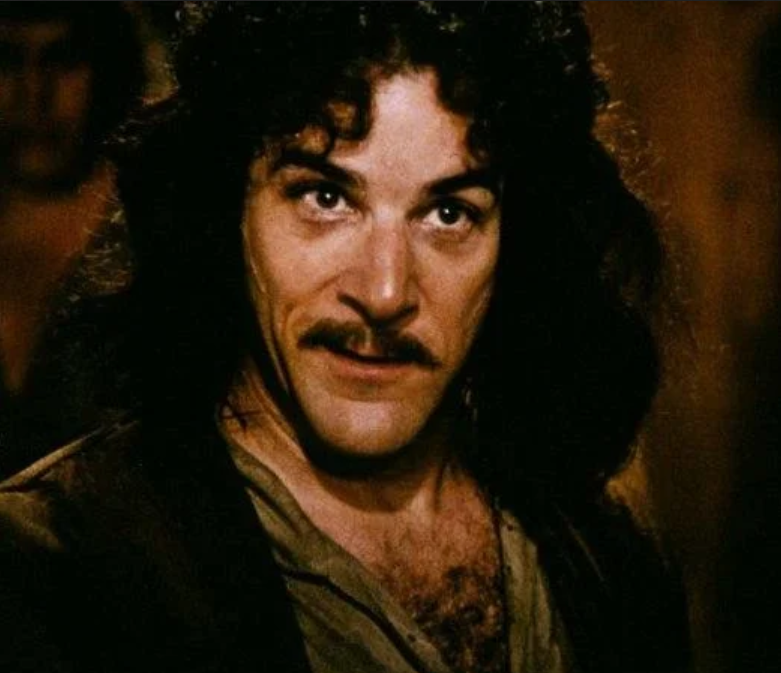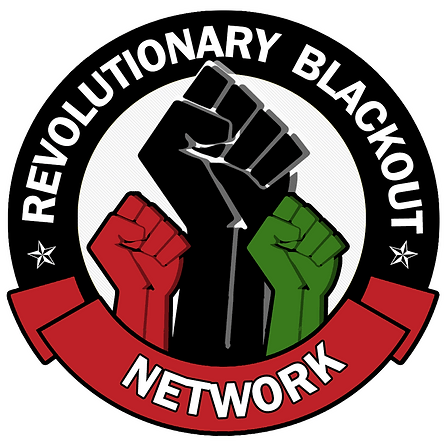I think some key words for you to research would the ‘southern strategy’. I feel like people are giving you trite and naive answers. The material foray into politics began under Reagan and started as the ‘southern strategy’, which was a strategic effort in the religious south to move people to the right, but also to reshape what Christianity was and is defined as in the US. This strategy did as much to reshape religion in the US as it did politics, and Reagan, arguably, represented the culmination of that strategy to establish the modern political hedgemenoy we live under. Effectively, our politics haven’t really changed in the US since then (not materially in paradigm or structure). This is also when neoliberalism became the defacto politic of western governments.
It’s really too much to unpack in a response, and I’m on my phone so I can’t hand you great sources, but starting by googling southern strategy, and looking back to the late 50’s.
Further reading:
- Reagan tied Republicans to White Christians and now the party is trapped, Washington Post
- Religion and Right-Wing Politics: How Evangelicals Reshaped Elections, New York Times
- Moral Majority, Wikipedia
edit: getting around paywalls
And a historical aside - the American right these days seems very much driven by religion and guns but, as the above shows, it wasn’t always so with the former and it also wasn’t with the latter:
- How the NRA transformed from marksmen to lobbyists, Washington Post
- The NRA’s journey from marksmanship to political brinkmanship, The Conversation
i found this in a different article
John Fea: For much of the twentieth century, evangelicals leaned Republican. For example, during the 1950s, as Princeton historian Kevin Kruse has shown, white evangelicals gravitated toward the civil religion of Dwight Eisenhower and the postwar religious revival. During the 1960s, Richard Nixon used Billy Graham to help him win over white evangelicals. But it was not until the late 1970s and 1980s that white conservative evangelicalism became fused with the GOP. The result of this merger is what we call the “Christian” or “Religious” Right today. This political movement was born out of fear that the removal of prayer and Bible reading in schools, the growing diversity following the Immigration Act of 1965 (Hart-Celler Act), the intrusion of government (“big government”) into segregated Christian academies in the South, and the legalization of abortion were undermining America’s uniquely Christian identity. The leaders of the Christian Right believed the best way to “reclaim” or “restore” this identity was by gaining control of all three branches of government. Jimmy Carter, a self-proclaimed “born-again Christian,” was not championing these issues to the degree that many evangelical conservatives wished. As a result, white evangelicals gravitated to Ronald Reagan, a man who seemed to understand evangelical concerns, or was, at the very least, willing to placate evangelicals.
- Considering the longer history of evangelical politics, were there forces of change—both within evangelicalism itself, as well as in American culture and politics writ large—that politically stirred evangelicals in the long lead-up to 2016 in unique and unprecedented ways? Stated another way, was 2016 a pivot in the life of modern evangelicalism and its political expressions and ambitions, or a continuation of existing—perhaps accelerating—trends within the movement? Griffith: Both-and. The 2016 election was certainly a continuation of existing anti-feminism; the hatred of Hillary Clinton goes back to 1992 and her perceived insult to traditional stay-at-home women (“Well, I guess I could have stayed home and baked cookies …”). There is a lot to say about this! On the other hand, I also think there was an acceleration of forces such as fear and anger toward both immigrants of color and citizens of color that appeared to mobilize conservative religious voters to an extraordinary degree. Scholars are still parsing this out, of course, and debating the politics of race in white evangelical voting patterns; but there’s no question that white working-class men in many communities have adopted a narrative of victimization in which they are being left behind and displaced by “outsiders” (people of color, immigrants, etc.). A large number of white women seem to support this view and identify with these men’s victimization; I suppose they find some measure of comfort in that narrative, even if it fuels their anger and paranoid fear of outsiders. So what journalists keep seeing locally and calling “economic anxiety” is deeply tied up with racist fears of who the culprits are. This is in no way limited to evangelicals, but many of those who are expressing this sense of victimization are evangelicals, hearing these narratives from pulpits like that of Robert Jeffress and other Trump supporters. The evangelical belief that one is “in but not of the world” and has thus willingly taken on the status of a visitor to this evil world lends itself pretty seamlessly to a sense of one’s own victimhood. Fea: Fear, the pursuit of power, and an approach to public policy built on an unhealthy dose of nostalgia have plagued evangelical politics for a long time. Since the 1970s, the Christian Right has followed a well-known political playbook. Its members want to elect the right president of the United States who will appoint the right Supreme Court justices who will then overturn decisions that the Christian Right believes have undermined the republic’s Christian foundations. In the past, this playbook was inseparable from the moral character of the candidate. In 2016, however, the Christian Right executed the playbook in support of a candidate known for his sexual escapades, nativism, deceit, xenophobia, racism, and misogyny. This is a new development. The playbook survived despite the candidate. This is a testimony to the playbook’s power and the role that Christian Right leaders such as Jerry Falwell and Pat Roberston played in reshaping American political culture.
But looking for an EXACT DATE (if we are talking about exponential increase in modern time) we find it to be Feb 1st 1953 as it is shown here: https://www.history.com/news/eisenhower-billy-graham-religion-in-god-we-trust
On February 1, 1953, just 10 days after his inauguration, Eisenhower was baptized and welcomed into the National Presbyterian Church by the Rev. Edward Elson. Eisenhower remains the only president ever to have been baptized while in office, and his work to link faith and American identity has influenced political debate in the country for half a century since.
Though the baptism ceremony itself was private, Eisenhower made every effort to place faith at the center of national life during his years in office. He began his inaugural address with a short prayer that he had written himself. His Cabinet meetings began with a moment of silent prayer. He initiated the National Prayer Breakfast, and welcomed Rev. Billy Graham into the White House as a spiritual adviser. He heartily approved when, in 1954, Congress inserted “under God” into the Pledge of Allegiance and later made “In God We Trust” the official motto of the United States, even placing these words on the paper currency.
Why so much religiosity? Eisenhower believed religious faith was the single most important distinction between American freedom and Communist oppression. The Soviet bloc was a tyrannical state that sneered at spirituality. Americans of the Judeo-Christian tradition, by contrast, held to the belief that every person was God’s creation. Individual human rights were therefore divine and not to be trampled underfoot by an all-powerful government. To wage and win the Cold War, Eisenhower believed, Americans must be dedicated to that principle.
On Sunday, February 7, 1954, Eisenhower gave a radio address that emphasized the importance of Godliness and spirituality in American history. “Out of faith in God, and through faith in themselves as His children, our forefathers designed and built the Republic,” Eisenhower said. The president gave a brief civics lesson that recalled the struggles of the Pilgrims, the testing of George Washington at Valley Forge, and the determined battle of Abraham Lincoln to save the Union: All of these men shared a steadfast belief in God.
The one unifying feature of the American experience, Eisenhower insisted, was faith—“by the millions, we speak prayers, we sing hymns, and no matter what their words may be, their spirit is the same: In God is our Trust.” At a time of surging popular piety, many Americans welcomed this kind of spiritual direction from their president.
Eisenhower was not the only American making the case for religion in the public sphere. The 1950s saw the rise of popular preachers who argued that religious faith provided the solution to all manner of social and personal problems. Among Roman Catholics, the Archbishop Fulton J. Sheen of the Archdiocese of New York was a well-known figure as the longtime host of a radio show called The Catholic Hour, and, beginning in 1951, the impresario of an immensely popular weekly television program called Life is Worth Living.
If you are looking for an exact date it’s either politicians and religious leaders have been using each other for their own ends since the dawn of civilisation or, for this modern era of American politics, it is the Reagan/Moral Majority era that saw this situation go up a notch.
thanks will read into it.
can you paste the newyork times article here, it’s paywalled.
If you get paywalled paste the URL into archive.is, like this.
deleted by creator
There’s a great “Behind the Bastards” podcast that dives into it.
The episode name is “how the rich ate Christianity”.
https://pca.st/episode/525c077b-30ae-49ab-91dc-65da7a555352
If you’d prefer to read, they list all their sources in the episode notes.
Behind the Bastards really is great. I do wish Robert Evans did step all over his guests so often and allow them opportunities to chime in. The Kissenger episodes are real bangers though. Funny guests who can keep up and even add to the deep dive.
It’s been a while since I listened to it, but I believe this two-part episode of The Daily talks a little about this as part of the Roe v Wade decision back in the day.
https://podcasts.apple.com/us/podcast/the-daily/id1200361736?i=1000416416313
thanks bro appreciate it! :-)
The short answer? Ever since the beginning. Thomas Jefferson had to explain to the Calvinists in Connecticut how the establishment clause worked because it only took them a few years after the constitution was written to start trying to impress denomination specific rules into law.
There’s been people warning about this since forever. Hell there’s literally a novel written by the late Robert Heinlein called “if this goes on-” wherein the USA has been destroyed and replaced by the kind of society modern conservative religious authoritarians have wet dreams about. He wrote in a post-word at the end of the novel how he was noticing religious extremism taking over the Republican party, and this was in the early 50’s.
"As for the second notion, that we could lose our freedom by succumbing to a wave of religious hysteria, I am not sorry to say that I consider it possible. I hope that it is not probable. But there is a latent deep strain of religious fanaticism in this, our culture; it is rooted in our history and it has broken out many times in the past. It is with us now; there has been a sharp rise in strongly evangelical sects in this country in recent years, some of which hold beliefs theocratic in the extreme, anti-intellectual, anti-scientific, and anti-libertarian (Note: his intended meaning is the political compass version of libertarian, not the modern right wing group.)
It is a truism that almost any sect, cult, or religion will legislate it’s creed into law if it acquires the political power to do so, and will follow it by suppressing opposition, subverting all education to seize early the minds of the young, and by killing, locking up, or driving underground all heretics. This is equally true whether the faith is communism or holy-rollerism; indeed it is the bounden duty of the faithful to do so. The custodians of the true faith cannot logically admit tolerance of heresy to be a virtue.
Nevertheless this business if legislating religious beliefs into law has never been more than sporadically successful in this country- Sunday closing laws here and there, birth control legislation in spots, the prohibition experiment, temporary enclaves of theocracy like Voliva’s Zion, Smith’s Nauvoo, a few others. The country is split up into such a variety of faiths and sects that a degree of uneasy tolerance now exists from expediant compromise; the minorities constitute a majority of opposition against each other.
Could it be otherwise here? Could any one sect obtain a majority at the polls and take over the country? Perhaps not- but the combination of a dynamic evangelist, television, enough money, and modern techniques in advertising and propaganda might make Billy Sunday’s efforts look like a corner store compared to Sears-Roebuck. Throw in a depression for good measure, promise a material heaven here on earth, Add a dash of anti-Semitism, anti-catholicism, anti-negroism, and a good large dose of anti-“furriners” in general and anti-intellectuals here at home and the result might be something quite frightening- particularly when one recalls that our voting system is such that a minority distributed as pluralities in enough states can constitute a working majority in Washington." -Robert A. Heinlein (1953)
Thank you for sharing this.
No problem, this has been forewarned for decades and if you read it out of context you could literally place every one of the points he makes to the MAGA crowd in the 2020’s.
From the start. Puritans and missionaries were here before the US itself was founded.
You should check out the book “Jesus and John Wayne”.
It’s a great book that describes the changing history of how evangelicals have interacted in politics for about the past 100 years. Worth the read.
Second this, absolutely fantastic book. It also made me realize that evangelicals === Christian fundamentalist. They are basically the nutbag equivalent of the Islamic fundamentalists.

This POS
On one hand, unfortunately we can’t completely blame that POS for it, because (as other people have pointed out) it’s been around for much longer. OTOH, I can find no other fault with your post.
Things run in cycles. If you go back far enough, of course you can find strong Christian influence in politics in the US, but that influence comes and goes over the years. It is one thing for a President or other politician to be Catholic or Protestant or whatever, but the influence in the 1970s on general day-to-day governing was not huge. (as an example, Biden is Catholic, but he doesn’t try shoving it down the entire nation’s throat)
One thing that Reagan did was bring religion into the White House and marry it to the entire GOP in an unholy union of pure evil. Fuck everything about that piece of garbage.
It started long before him, unfortunately. There was a reason the US had to be deliberate about the separation of church and state from the beginning.
I’ve already responded to this thinking below. Things run in cycles at times the US was far more religious than we are now. At other times, much less so.
When Reagan got elected, the country was definitely not a particularly powerful force in politics. Carter didn’t try to push his religious beliefs on the nation. Neither did Nixon or LBJ. They themselves were reasonably religious, but it wasn’t a cornerstone of their political beliefs. Reagan changed all that and his marriage of the GOP and the Religious Right continues to this day.
Considering there is a thing in the constitution that is meant to separate the church from the state, I’m pretty sure the answer is “always.”
It’s an amendment, the first, and the most important.
You have it backwards. The first is meant to separate the state from the church, but not the other way around.
The US was founded by Christian fanatics that left England because of their extreme beliefs.
The Spanish came to the Americas and established missions to convert the indigenous people.
Depending on location in the Americas, religion was either first or a very close second.
Sure the founding fathers created a government that wasn’t directly controlled by the church, but religion has been a major contributor. Don’t forget that the church used parts of the Bible to justify slavery, which was a hot topic starting with the founding of the US.
Well the earliest I can think of christians getting in to politics is ancient Rome, but I’m sure it’s been happening since before then too. As for the US, something tells me they’ve been involved from the start, regardless of what the constitution says.
It has always been there with different denominations fighting for control, not always very publicly.
Generation Joshua has been around since 2003 though and has been actively involved with elections since 2004. I think this is when it really started getting louder. Madison Cawthorn was one of their contributions to politics.
Post-9/11 nationalism really laid a solid foundation for them. Pat Robertson was definitely a big part of that too, they learnt from his campaign against George HW Bush for the Republican nomination. Robertson tried to be the first overtly born-again Christian President but hadn’t built a solid enough base first.
The new documentary Shiny Happy People touches on this history, it’s a good documentary (huge content warning for abuse incl. children). On the surface it’s about the Duggar CSAM trial but it explores a lot of the US political and religious mashup in the last 50 years.
The modern Christian Right goes back at least to the '70s as a major movement, but people were working on it long before. Reagan was their first hero and Roe v. Wade was their galvanizing center, though its success is as much about race as abortion or religion.
When did Christians get involved in politics in the USA?
It has always been that way.
I’d guess since the 1st Christians set foot on American soil. I’d guess about 1497 when Cabot went to Main, Columbus didn’t land on current US territory but on Cuba and islands in that area.
Haven’t they always been?
One nation under God. As a verse in your national anthem
In god we trust on your currency.
Believe it or not, one nation under god has been added to the pledge comparatively very recently in 1954.
Nope. That was added near the beginning of the Cold War to further ideologically differentiate us from the “godless communists”. It was a dumb idea then, and it’s a dumb idea now.
hey i just use that paper to pay my rent
You’ve gotten some great answers already, with the most direct answer to the question you are probably interested in being this one from TropicalDingDong about the Southern Strategy. And then people also commented on the further context in US history of religious fundamentalists from Europe coming to the US, establishing settlements, and “spreading the good word,” so to speak.
But all of that kind of begs the question - how long has politics been mixed up with religion? And from what I’ve read, that seems to date back nearly as far as people can trace human civilization. Namely, all the way back to ancient Mesopotamia. It seems people, from very early on, were quick to identify that politics and religion are very effective tools in exercising control over a population.
https://www.historyonthenet.com/mesopotamian-governments
By the time farming villages had grown into the great Mesopotamian cities, both priests and secular leaders were involved in Mesopotamian governments and in governing the increasingly complex society of a city. The secular leader was called the lugal, the strongman. With specialization of labor—people finding lots of different jobs and tasks to do other than farming work—it made sense to have priests fully involved in keeping the gods happy while the lugal oversaw running the city. This was a crucial step in the forming of Mesopotamian governments.
Gradually the lugal became a powerful king who dominated governance of the Mesopotamian city-state. While most of his duties as king were secular, the king had religious responsibilities as well. He, as well as the high priest, was an intermediary between the gods and the people. Kings participated in religious rituals. Common Mesopotamians considered the king as the representative of the city’s patron god, the god’s overseer on earth, so to speak.
It’s also covered some on the Ancient World podcast, skip ahead to about 7:30 for the part relevant to this post. https://ancientworldpodcast.com/2012/04/episode-1-climb-stone-staircase/
They never left.
All successful religions have a foot on everything with power. Best way to help your religion grow is to lobby and get stuff you want done. Most of us started with TYT.
https://lemmus.org/post/182764 (new sub)















